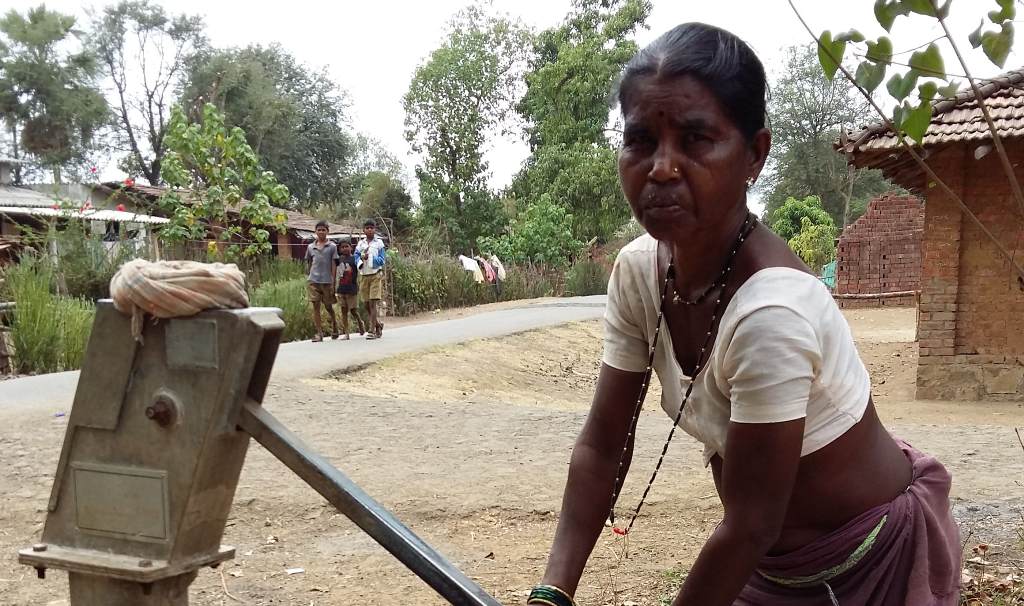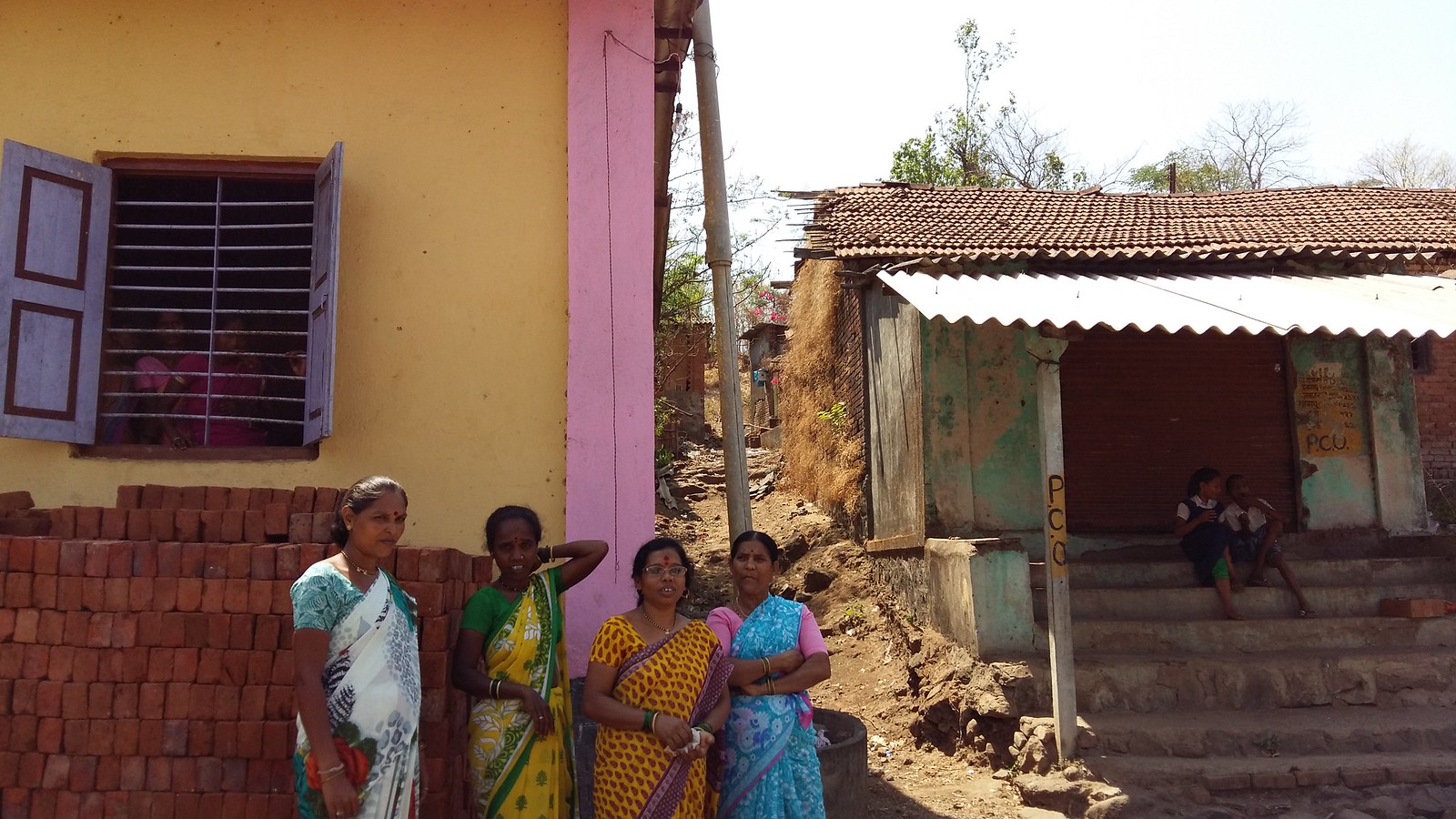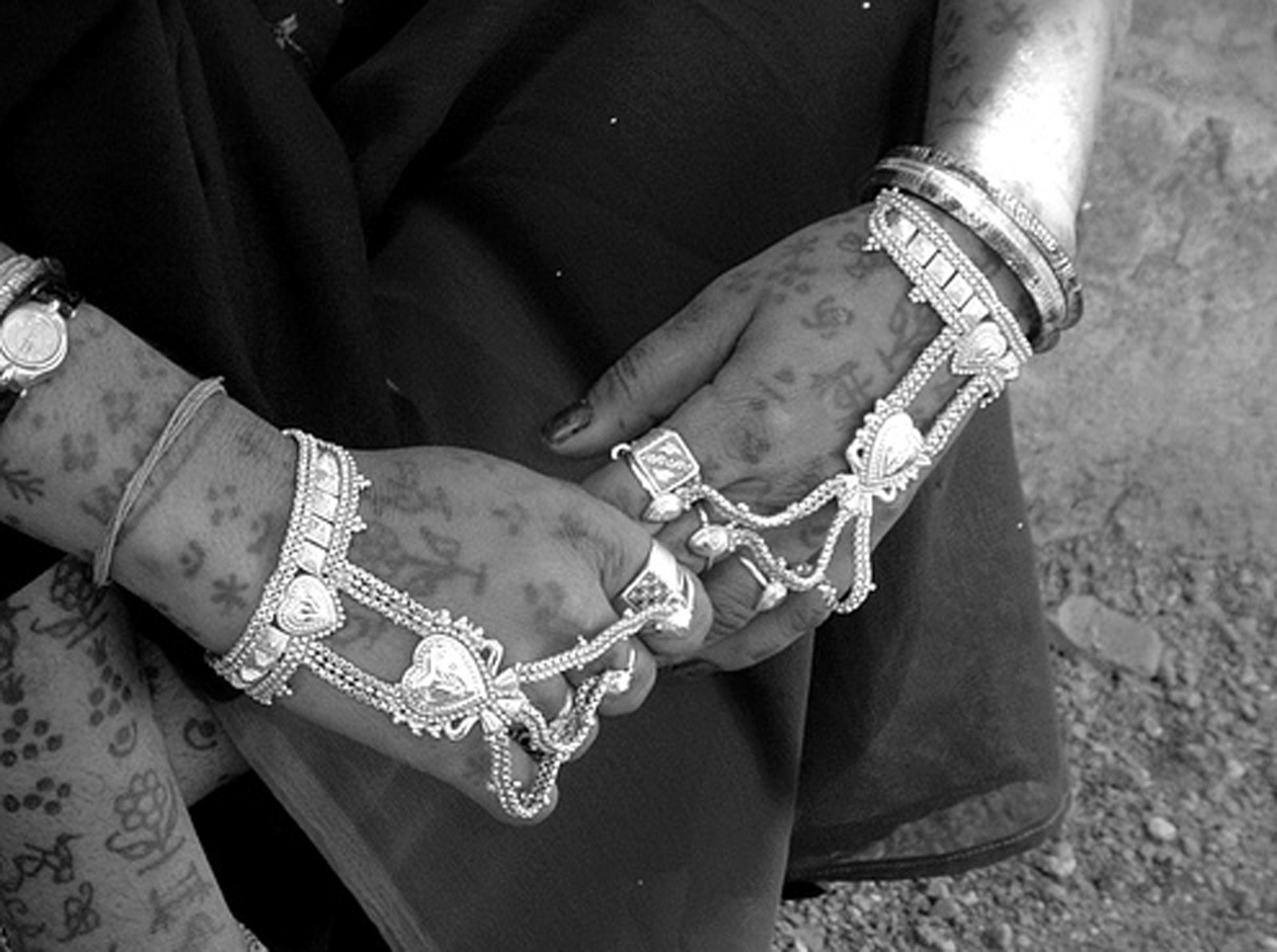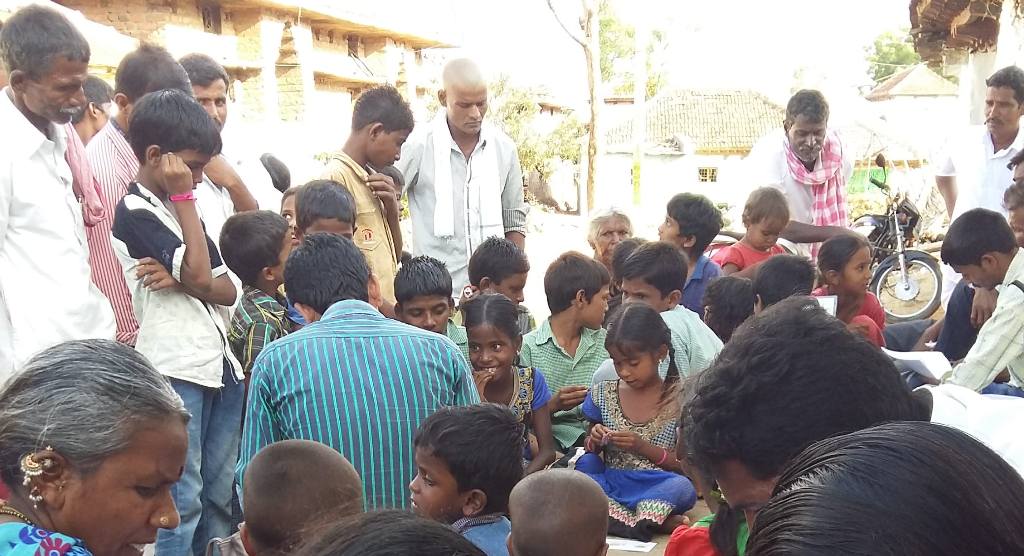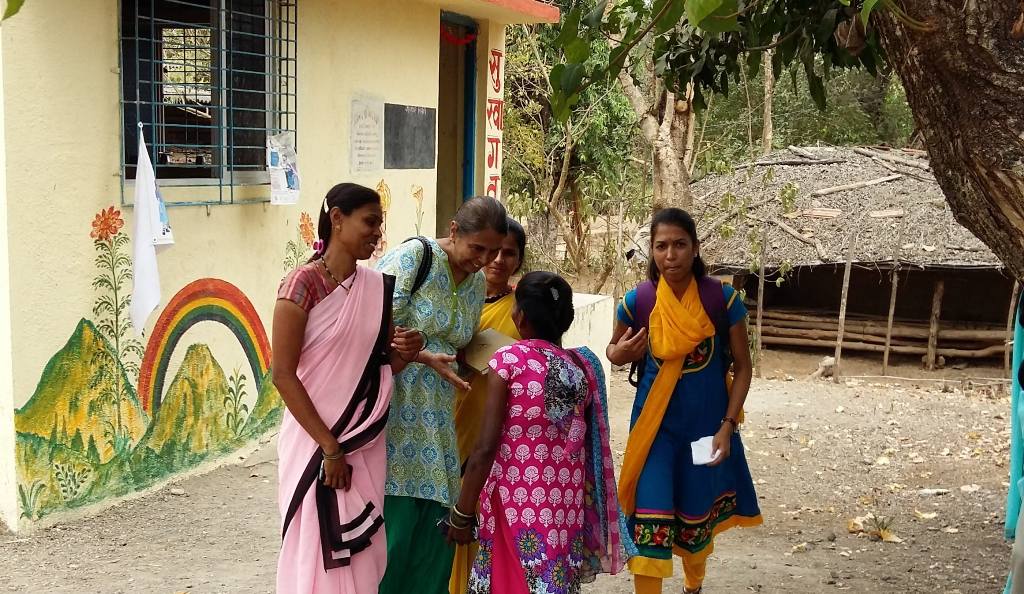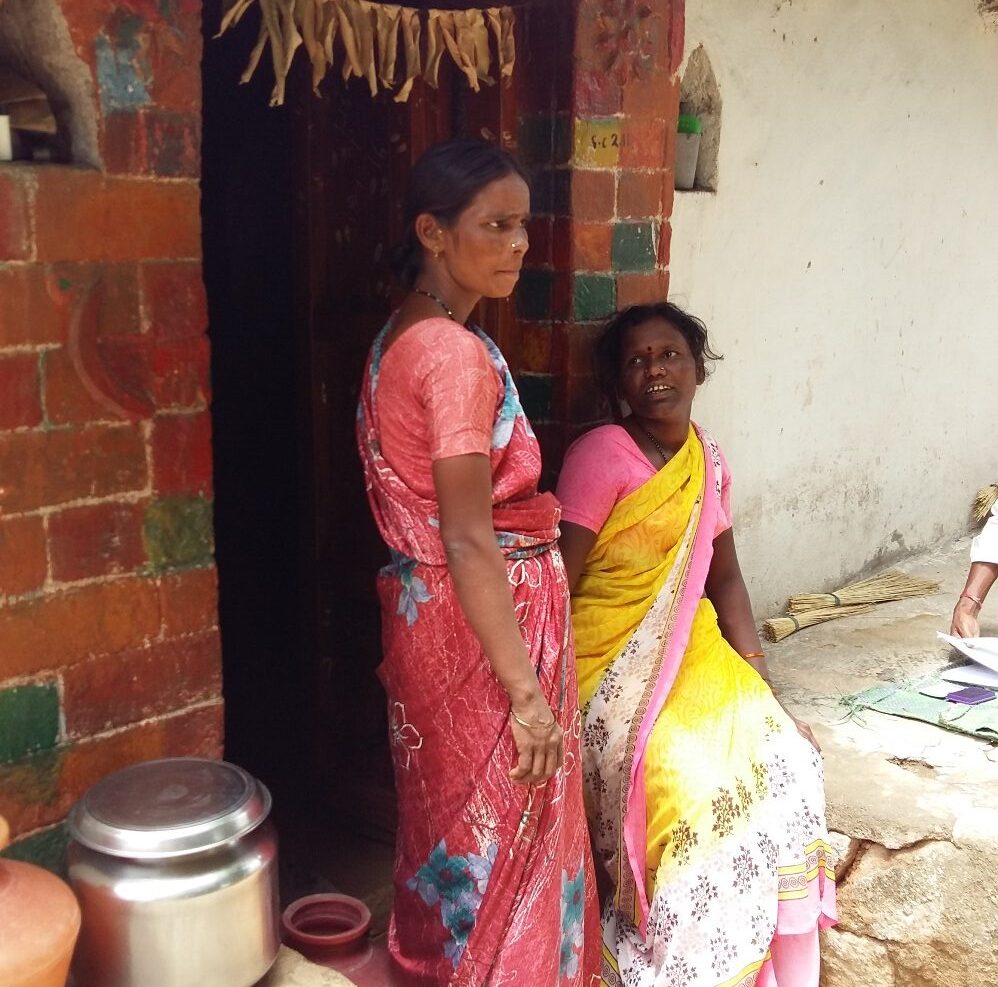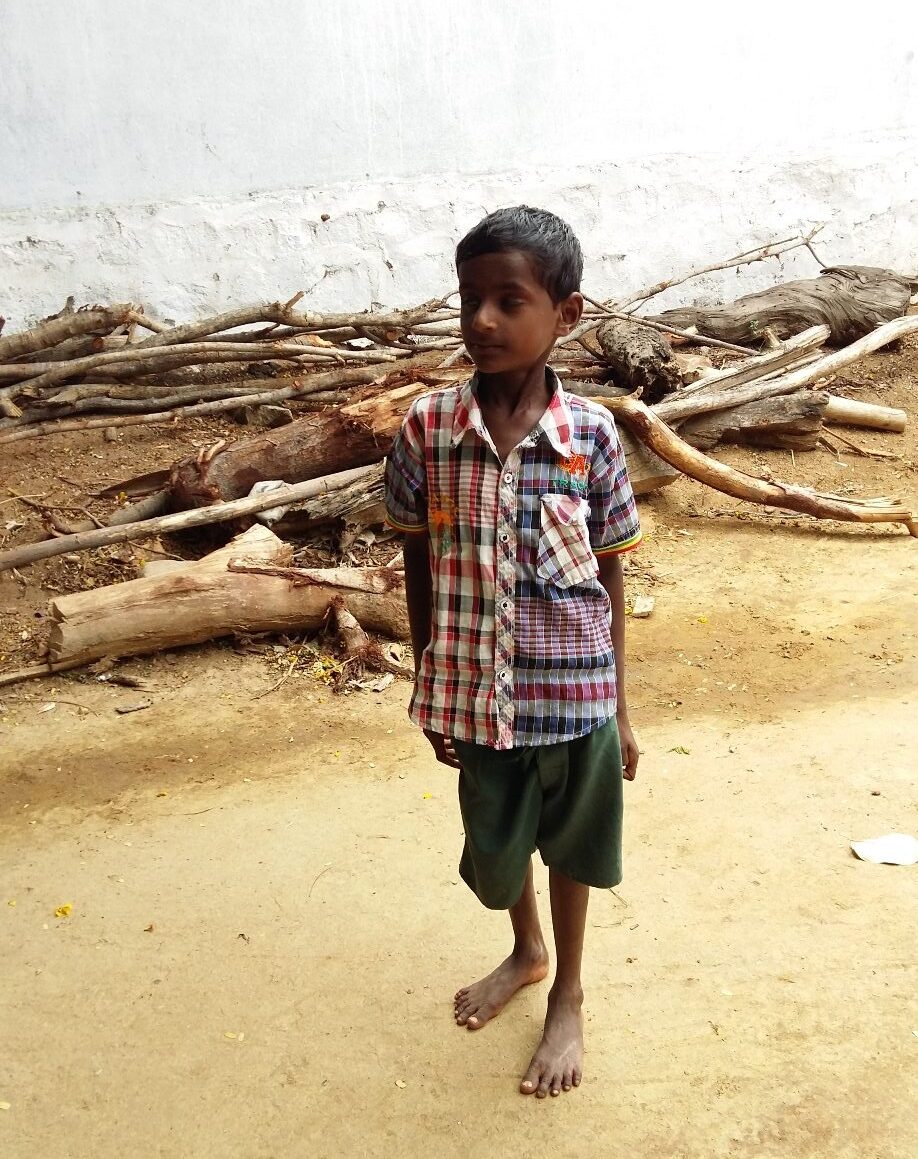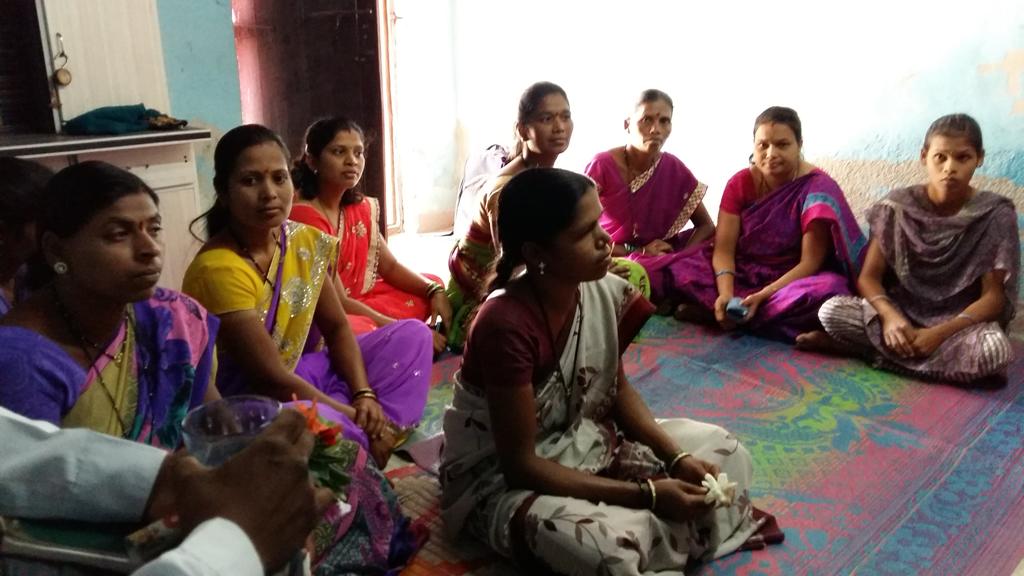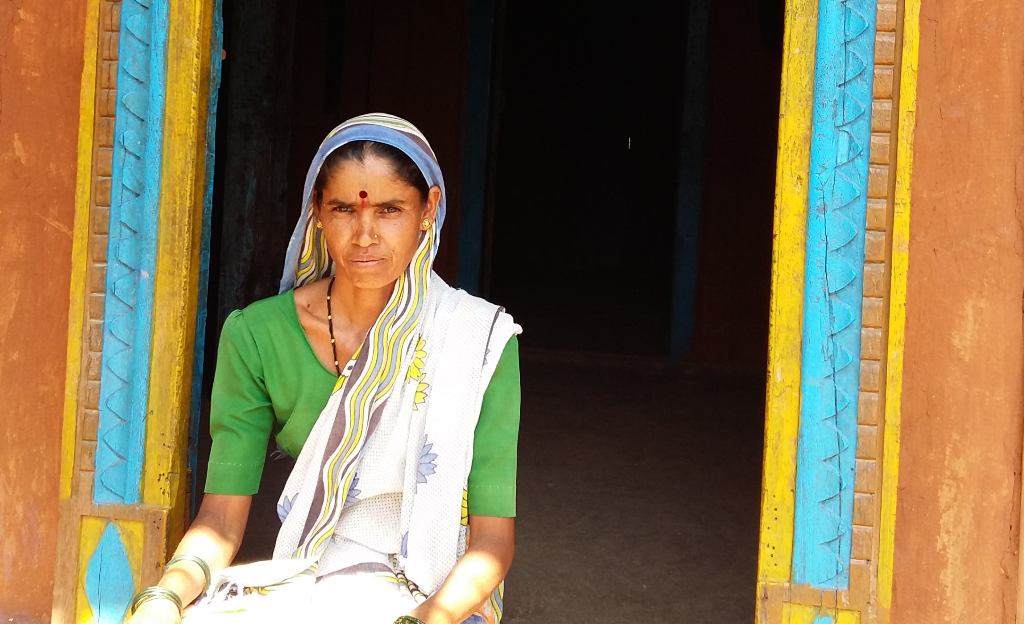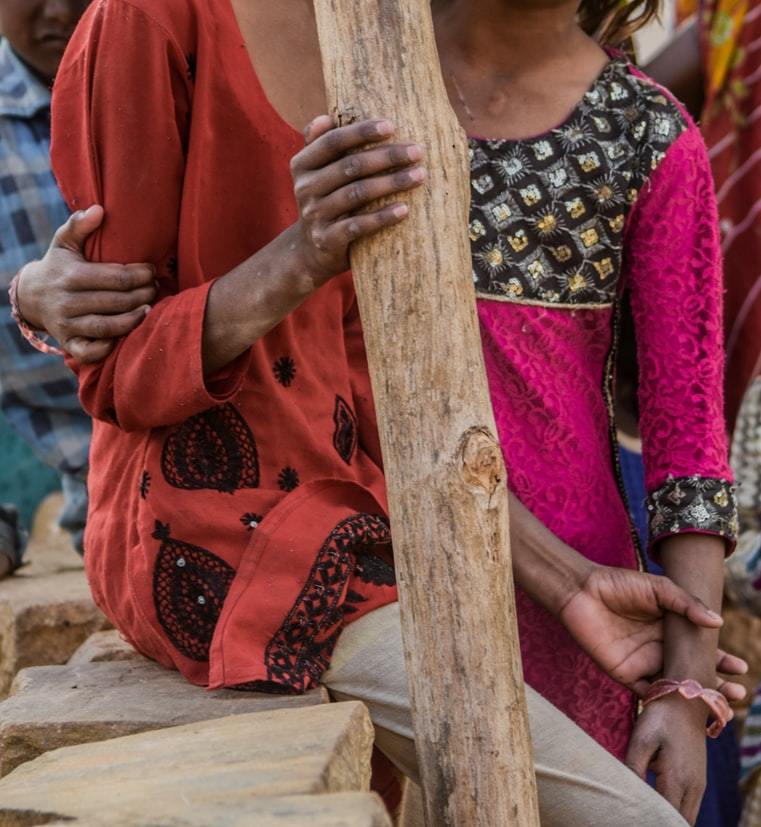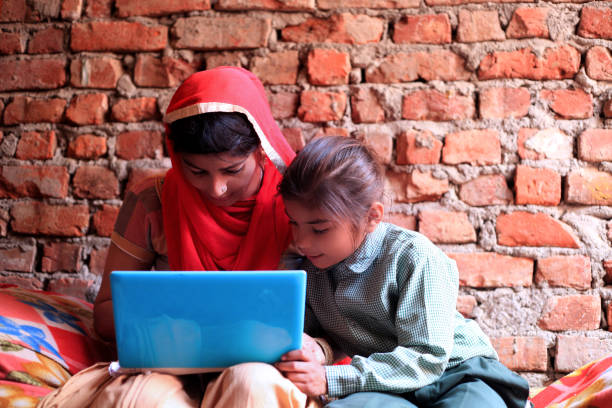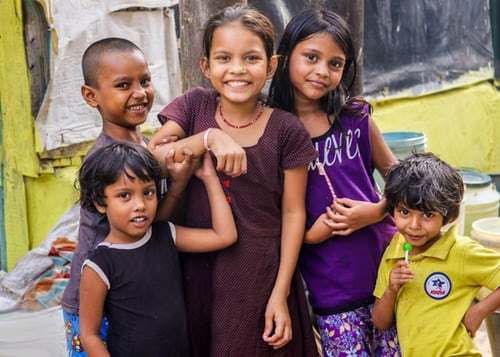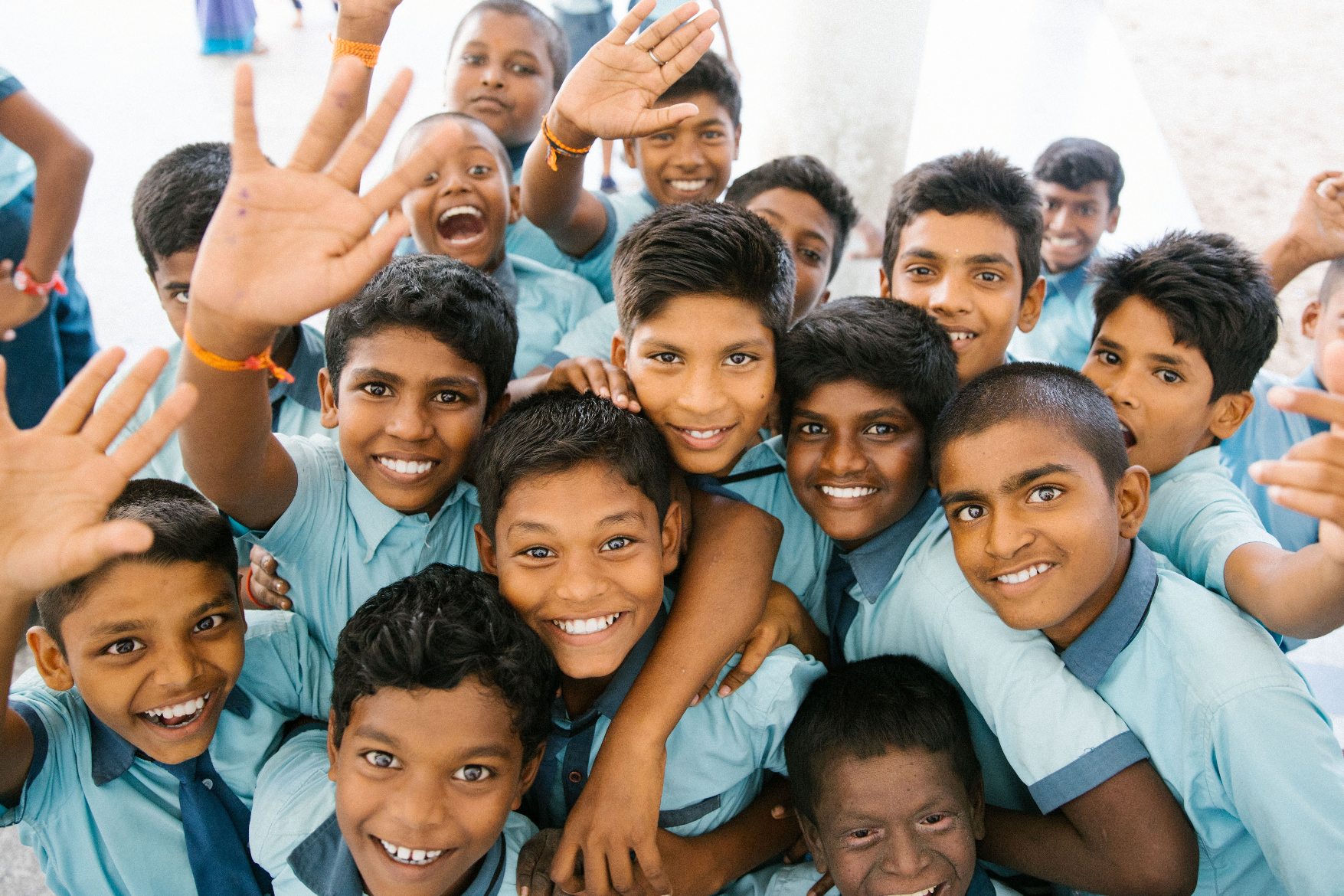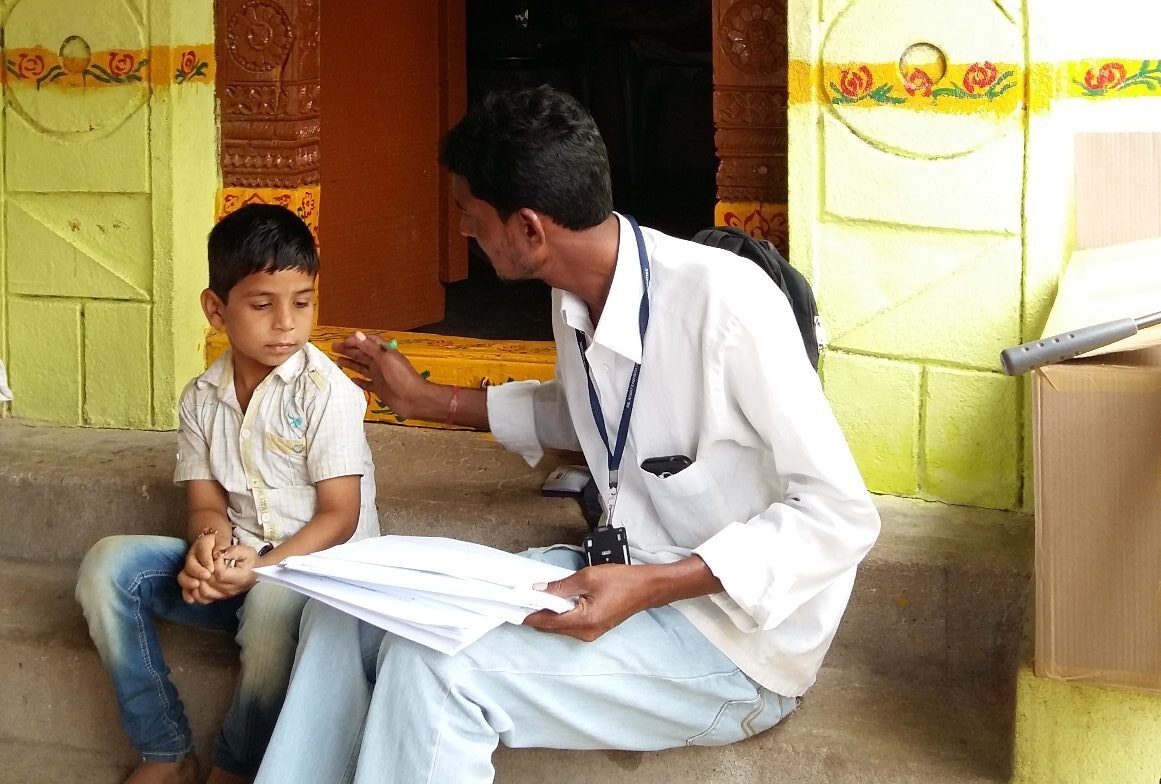Monitoring And Evaluation
Credible, Objective and Neutral
Overview
Monitoring and Evaluation
PEARLSS 4 Development offers Monitoring and Evaluation Services to support organisations to improve efficiency, accountability, and the impact of their programs. Decision-makers can use this information to track achievements against what they purported to do. Project managers can benefit from this by knowing what worked, and also identify the necessary changes to be incorporated into project plans as well.
- Baseline and endline studies: We undertake baseline studies to analyse the current situation and identify the starting points for a programme or project. We conduct end-line surveys at the end of an intervention to understand the impact created by the project. This helps to determine the effectiveness of organisational activities and to judge the significance of changes brought about by those activities.
- Needs assessment: We perform needs assessment to identify potential gaps in the workplace and determine a plan of action, taking into consideration the organisation’s specific needs, to elevate business and/or to boost efficiency.
- Project Implementation Monitoring: We support organisations to continuously monitor the implementation of activities, delivery of outputs, achievement of results and impacts and use of resources.
- Mid-term and Concurrent Evaluation: We undertake mid-term and/or concurrent evaluation for projects to provide early and valuable feedback to program administrators and other stakeholders.
- Outcome evaluations are undertaken to assess the effectiveness of a program in producing the desired change. Return on investments analysis is also conducted to ascertain the probability of gaining a return from a potential investment.
Developing indicators for monitoring: We support organisations to develop indicators which they can use as part of the project implementation monitoring and demonstrate results as part of SDGs.
Our Belief
At PEARLSS 4 Development, we believe that the following are the some of the many crucial advantages that a robust Monitoring and Evaluation Service offers to an Organisation:
1. Improved Project Performance
2. Higher Transparency and Accountability
3. Effective Resource Allocation
4. Improved Decision Making Based on Data (Not Opinions)
5. Methodological and Professional Management of Organisation
Key Aspects
Key questions that our ‘Monitoring’ process focusses on
- How effectively did the organisation manage to implement the programs?
- Depending on the existing information, does the organisation have to make any changes to its
programs? - What are the key parameters that could help the organisation have an idea of state of the
implementation of the project(s)?
Key questions that our ‘Evaluation’ process focusses on
- What contributed to the organisation’s success or failure?
- Did the activities planned/implemented by the organization make a measurable difference to the targeted beneficiary groups (communities)?
- Can the organization scale the observed changes or use the observations in other contexts?
- Did the organisation face any unexpected results?
- Did the organisation achieve the expected impacts in a cost-effective manner?
Related Work
Policy Review of Employment Practices in Assam- End Violence against Women (EVAM)
Tool construction for selection of NGO for CSR supported entrepreneur program
M&E review and impact evaluation of adolescent sexual reproductive health (ARSH) program – Magic Bus
Final Evaluation of the DFID-funded project “Building the capacity of people living with HIV and sexual minoritiesin Orissa and West Bengal to advance their health and rights – Interact Worldwide (UK) and Saathi
End evaluation of the project Increasing the access to quality primary healthcare and social services among tribalcommunities in 6 tribal blocks – Anesvaad-Alert India-Ecode, Spain
End-line Evaluation of the CDLCP (Comprehensive District Leprosy Control Project). Swiss Emmaus India.
Promoting Women’s Empowerment and Gender Equality – What Works Best, Fastest/ Scottish Catholic InternationalAid Fund (SCIAF) & Indo Global Social Service Society (IGSSS)
Sick and Newborn Unit Evaluation (India). Liverpool School of Tropical Medicine, UNICEF and Solutio Global.
Community Needs Assessment: Feasibility of using ICT and specifically mobile phone technology to share SRHR information with adolescent girls. CREA
Comparative study of the main intervention methods for the benefit of street children in the major cities in India, Tata Institute of Social Sciences-Partnership Foundation-Rainbow
Health knowledge and practice survey (KABP). Effective Intervention and NICE Foundation – LSHTM-LSE, NICE Foundation
UNICEF-Mapping and assessment of partnerships, platforms and institutions for engaging with adolescents – PwC & UNICEF
Prevention of sexual harassment in workplace, Talk It Over
•
POSH

Technical consultancy to Project PUSHTI Project PUSHTI
National capacity building facilitation (Gender)
Final Evaluation of the project “Building the capacity of people living with HIV and sexual minorities in Orissa and West Bengal to advance their health and rights”
Promoting women’s empowerment and gender equality- what works best, fastest.
Monitoring and Impact Evaluation of Adolescent Sexual Reproductive Health (ARSH) program
Sick and New-born Unit Evaluation (India)
Evaluation of Prevention of Mother to Child Interventions, Bihar
Policy Review of Employment Practices (Gender and diversity assessment) in Assam.
•
POSH

Prevention of sexual harassment at workplace
•
POSH


